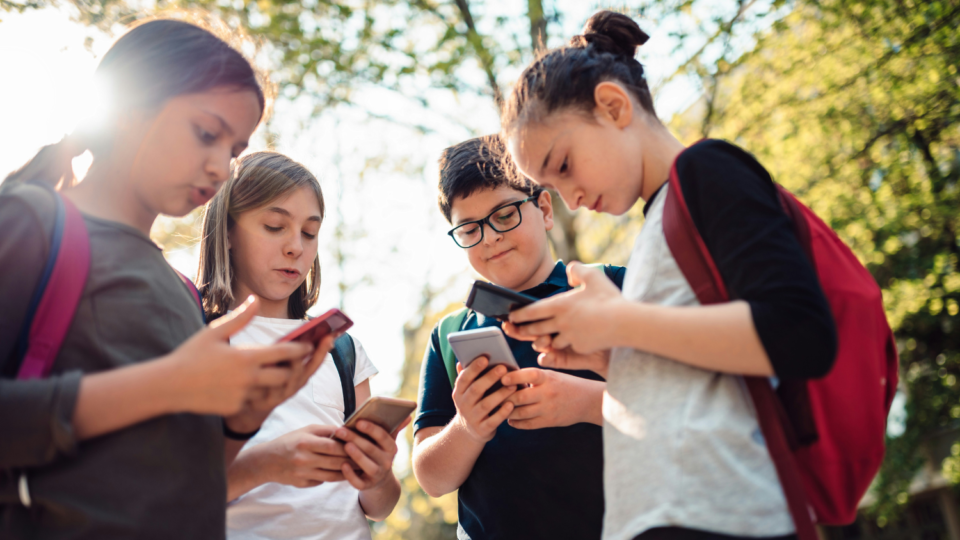The Federal Trade Commission (FTC) and the Los Angeles District Attorney’s Office joined forces against NGL Labs, LLC (NGL) and two of its co-founders for “unlawfully exploiting kids for profit” according to FTC Chair, Lina Khan. The complaint alleged violations of the FTC Act, the Children’s Online Privacy Protection Act (COPPA), the Restore Online Shoppers’ Confidence Act (ROSCA), and similar California state claims, stating that NGL deliberately marketed to children despite identified risks, processed known children’s data without parental consent, tricked users into unclear subscription models, and made false claims regarding artificial intelligence.
Most notably, the FTC’s proposed order (Order) requires NGL to implement a neutral age gate and bar users for whom there is actual knowledge that they are under the age of 18. This is the first time that the agency has barred an online service from hosting minors. The complaint highlights NGL’s targeting of high school users and the resulting potential harms, and it appears that the Commission’s solution is to restrict minor’s access altogether. While a novel response, it remains to be seen if this remedy will be repeated in other FTC orders or if it is largely a product of NGL’s practices.
NGL offers a free to download social media app that allows users to receive anonymous messages from their friends and contacts. Users can ask their networks to answer prompts such as, “Share an opinion that’ll get you cancelled.” While Defendants have described NGL as a “fresh take on anonymity,” the app supposedly did not gain traction, with less than a thousand downloads in the first six months after launching.
The FTC alleged that NGL used unfair and deceptive marketing practices such as prompting users to find out who sent the anonymous messages. In millions of cases, NGL sent fake, computer-generated messages. In any instance, to “find out who sent this” a user had to sign up for NGL’s paid subscription service, NGL Pro. Many users were allegedly misled about the terms and recurring payment because the material language (“pro renews for $9.99 per week”) was provided in difficult to read, off-white text. Moreover, the complaint alleges that NGL Pro did not disclose the identity of the sender, providing only “hints” about the sender like the phone type, time sent, or the city or region.
Additionally, the FTC alleged that NGL deliberately marketed the app to children and teens. The company touted the app as a “fun yet safe place” for “young people” and used colorful images and emojis to appeal to kids. In NGL’s push to get kids and teens on the platform, the FTC alleged that it ignored the substantial injury that an anonymous messaging app may cause to children and teens. In addition, NGL had actual knowledge of children under 13 on the app as it received complaints that explicitly referenced the child’s age. Despite obligations under COPPA, NGL did not take steps to remove those users, provide notice, or receive parental consent.
Finally, the FTC also challenged NGL’s claims that it deploys “world class AI content moderation” including “deep learning and rule-based character pattern-matching algorithms” to “filter out harmful language and bullying.” However, when tested, the NGL app failed to do so.
While injunctive relief should be tailored to the facts of each regulatory enforcement action, the approach taken here – a complete ban on access for minors – is a stark one, and may be reflective of the FTC’s broader interest in addressing teens’ activity online. The Order goes further than the Epic Games Settlement in which the FTC addressed perceived harms to teens by requiring protections for those users rather than prohibiting participation altogether. As Commissioner Ferguson noted in his concurrence, anonymous apps raise a complicated set of issues, and this Order should be applied only in connection with the facts of this particular app. Nonetheless, this Order may be a potential harbinger of FTC policy regarding teens, anonymity online, and ROSCA enforcement.
